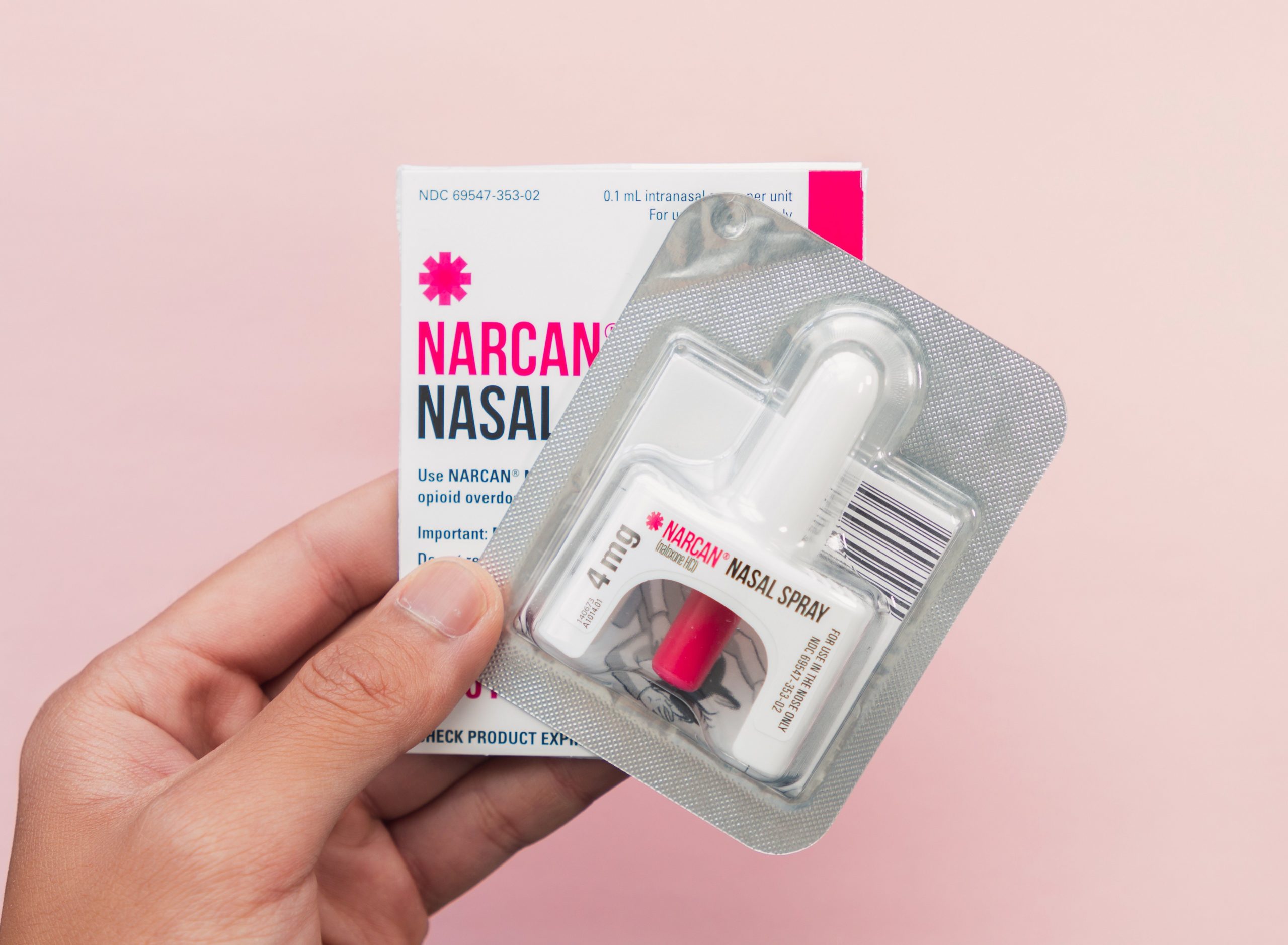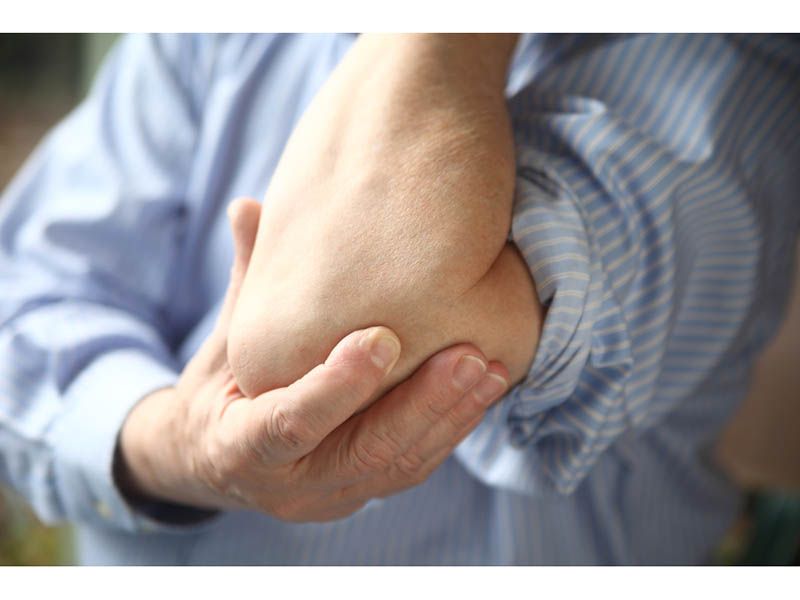
Patients hospitalized with pneumonia typically stay on IV antibiotics until they’re stable, after about three days, but a new study suggests a different option. Researchers report that more patients who have community-acquired pneumonia could switch sooner to oral antibiotics. Antibiotics given as pills were also linked with earlier release from the hospital. They were not… read on > read on >






























